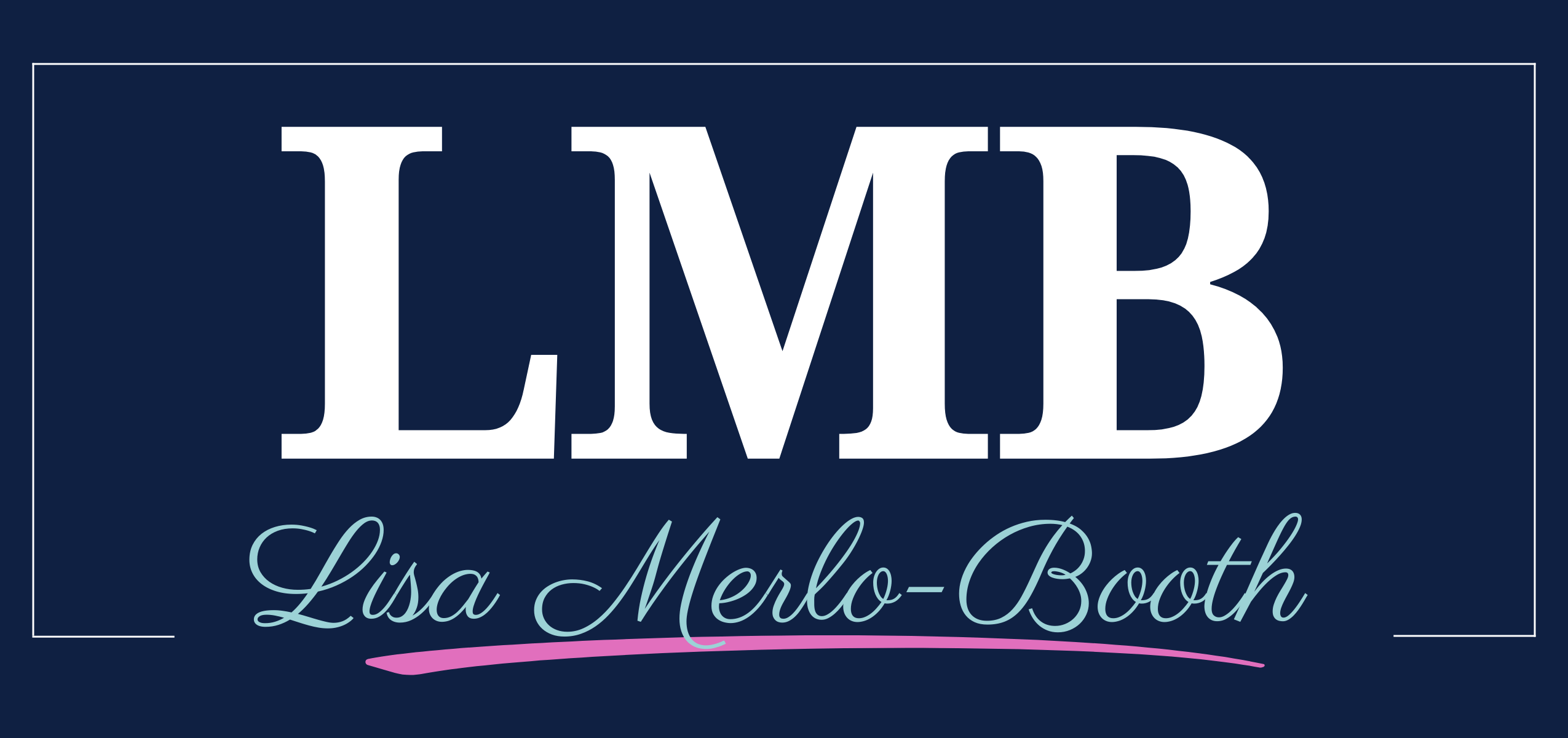 “Struggling with conflict has little to do with the content you are talking about and almost everything to do with how you discuss that content.” ~LMB
“Struggling with conflict has little to do with the content you are talking about and almost everything to do with how you discuss that content.” ~LMB
When I tell my clients that conflict is an opportunity and feedback is a gift, they often respond with the following:
• “It doesn’t feel like a gift.”
• “It sure as hell isn’t a gift the way s/he gives it.”
• “Well, I guess that depends on what exactly the feedback is, lol.”
Here’s the thing: if you do conflict poorly, it will hurt you every time; however, when you do it well, it will build and strengthen over time. Choose your outcome.
Every time you respond to your partner’s upset with genuine concern and a willingness to work through that issue with respect, compassion, and accountability, you build trust. When you stay calm and grounded rather than angry and reactive, you create safety. When you take responsibility for your actions, you build connection and intimacy. When you consistently do all of the above, you show your loved one’s that you are safe to approach and that what they say, think, and feel matters to you. When you hold them accountable to do the same with you, both of you feel that same trust, connection, and safety to work through any issue.
When you both start viewing feedback as a set of operating instructions designed to get you back to smoother sailing and greater connection, you’re thankful for the “gift.” Imagine telling your partner that you were hurt when they made fun of you at the party with your friends, and their response leaves you feeling closer to them versus more upset. Which response below leads to a greater connection:
- “What are you talking about? I was kidding! You need to get thicker skin–You’re way too sensitive.”
- “Wow, I’m sorry, honey. I want you to feel like I have your back, not like you have to watch your back around me. I got carried away with the teasing and should’ve stopped when you asked me to. I promise not to do that in the future.”
In the first example, the response is dismissive and defensive, which leaves both people frustrated and annoyed. The second example is compassionate, humble, and accountable, leading to growth and connection. How you respond will determine the outcome you get. Take the time to think through your response.
Realize that when someone is upset about something, they want to feel heard. They want to feel like you “get” them. And they want to trust that there will be repair so the behavior won’t continue. Hence, feedback is a gift to every system—couples, families, teams, etc. When someone is brave enough to tell you what they are upset about, they allow you to learn about them on a deeper level. Their feedback is a gift; dare to open it.
Challenge: Change the way you view feedback. Begin to play with the idea that feedback is a gift, not an attack, and slow down your knee-jerk reactive response. Move from protecting yourself in response to feedback, to “hearing” them. Notice what happens as a result of this monumental shift (to your growth, the relationships in your life, and your career).

